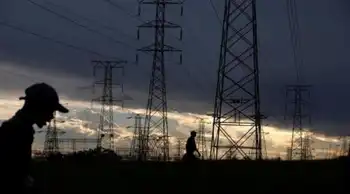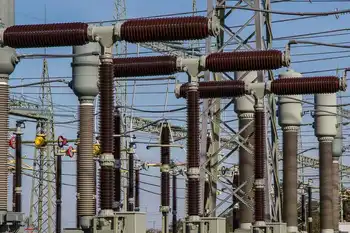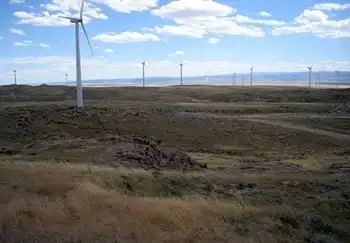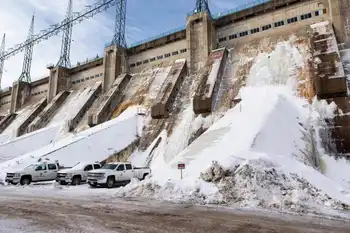New infrastructure and supply means less coal for Ontario
Nearly 2,700 megawatts (MW) of new and refurbished supply are scheduled to come into service over the next 18 months as Ontario's coal plants continue to reduce their output and emissions.
Ontario's electricity supply is growing with the anticipated return to service of two units at the Bruce Nuclear Generating Station and the addition of two new wind farms. This new supply complements an increase in Ontario's import and export capabilities resulting from completion of the first stage of a new interconnection between Ontario and Quebec in July 2009. Additional transmission reinforcements in Quebec, scheduled to be in service by May 2010, will allow transfers up to 1,250 MW.
"New supply has improved the reliability of Ontario's power system significantly over the past few years," said Bruce Campbell, Vice President, Resource Integration, at the IESO. "As an industry, we are also making significant strides in our collective efforts to reduce the environmental impact of our operations by integrating higher levels of renewable generation into the supply mix."
While electricity consumption and peak demand are down significantly this year, energy consumption is forecast to increase in 2010 as the economy improves and the manufacturing sector starts to recover.
A number of factors have contributed to the decline in 2009, including the recession, moderate weather, conservation and growth in embedded generation. Energy consumption is expected to decline by 5.5% in 2009 before showing a slight increase of 0.2% in 2010. Peak demand, on the other hand, is expected to decline throughout the forecast period.
Related News

Africa must quadruple power investment to supply electricity for all, IEA says
JOHANNESBURG - African countries will need to quadruple their rate of investment in their power sectors for the next two decades to bring reliable electricity to all Africans, an International Energy Agency (IEA) study published on Friday said.
If African countries continue on their policy trajectories, 530 million Africans will still lack electricity in 2030, the IEA report said. It said bringing reliable electricity to all Africans would require annual investment of around $120 billion.
“We’re talking about 2.5% of GDP that should go into the power sector,” Laura Cozzi, the IEA’s Chief Energy Modeller, told journalists ahead of the report’s launch.…




